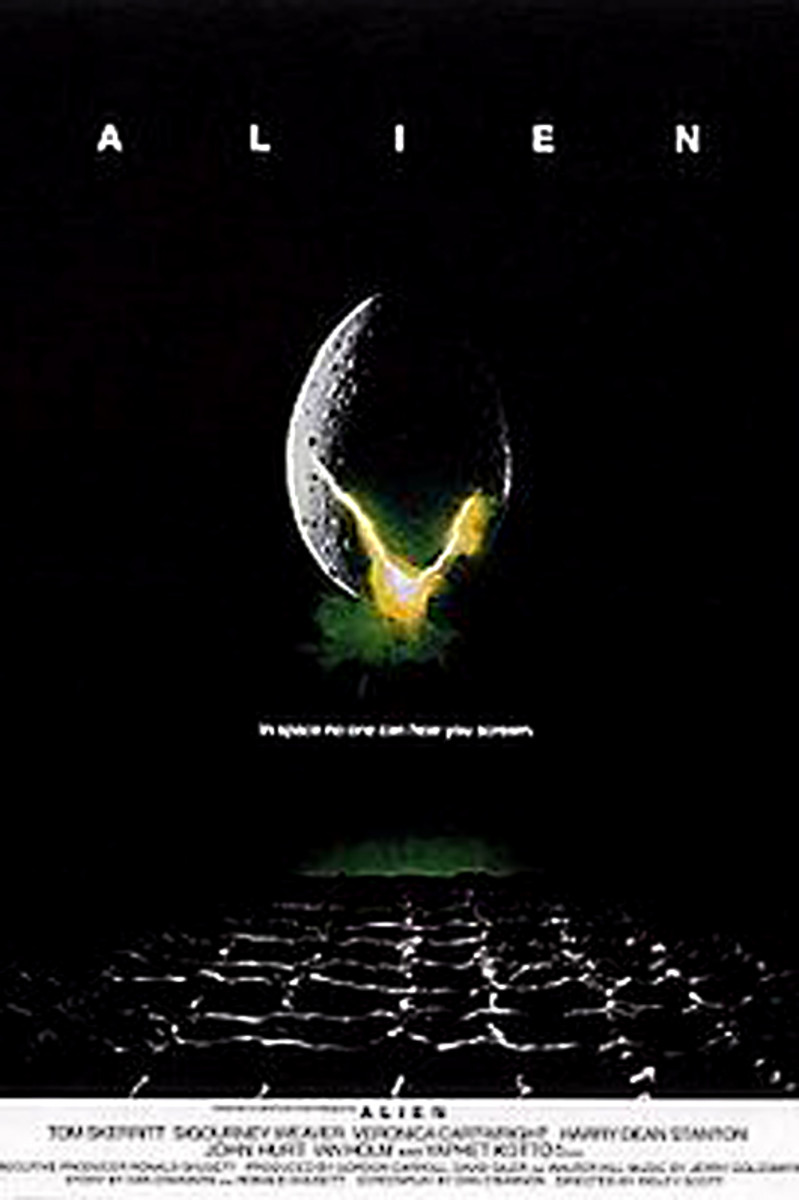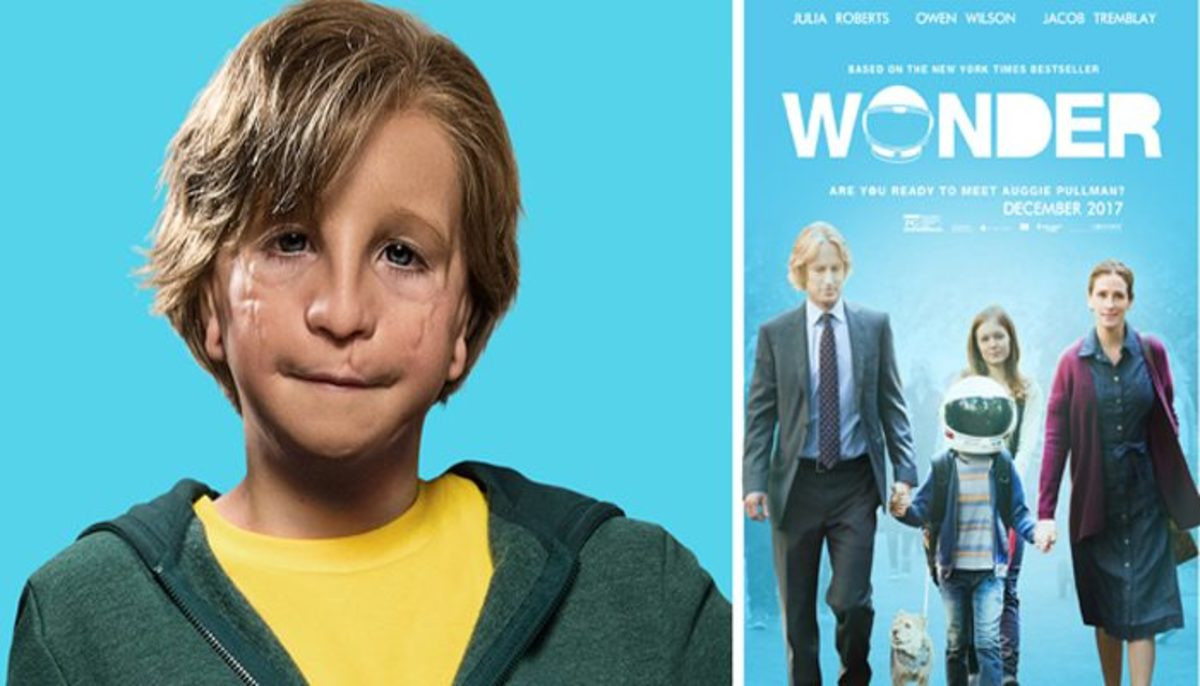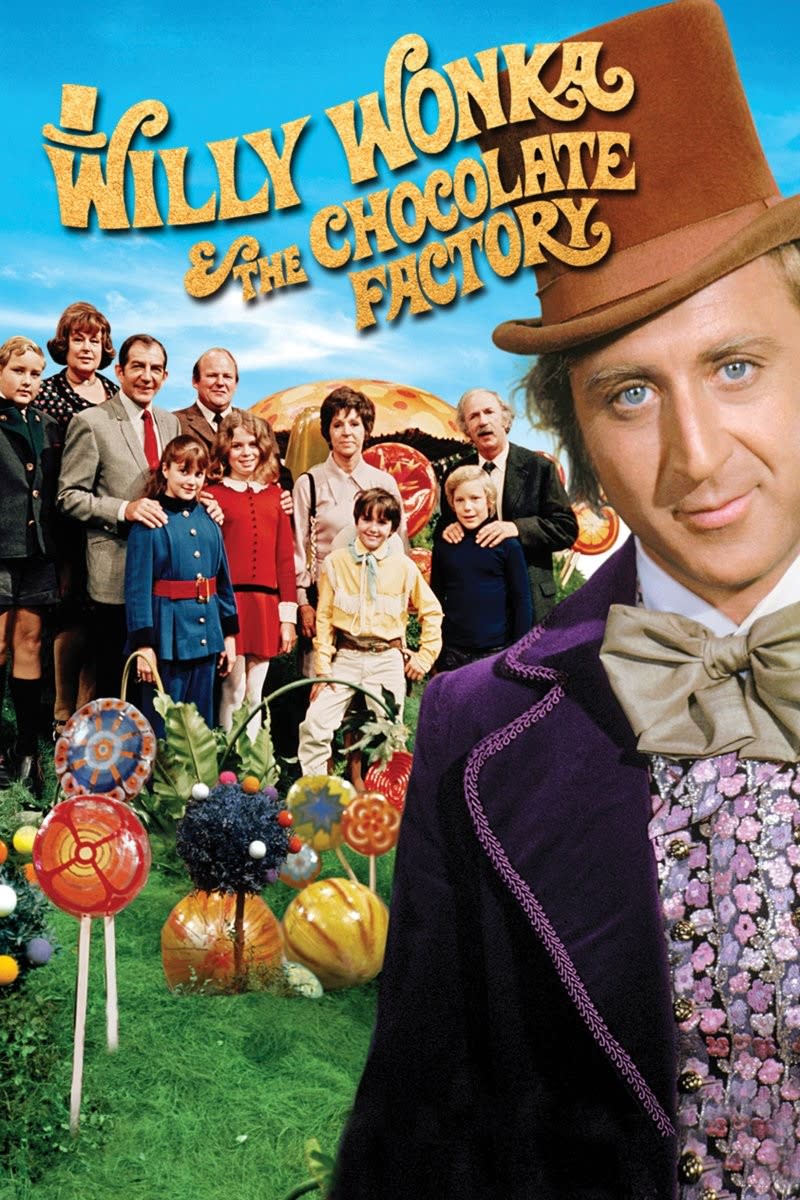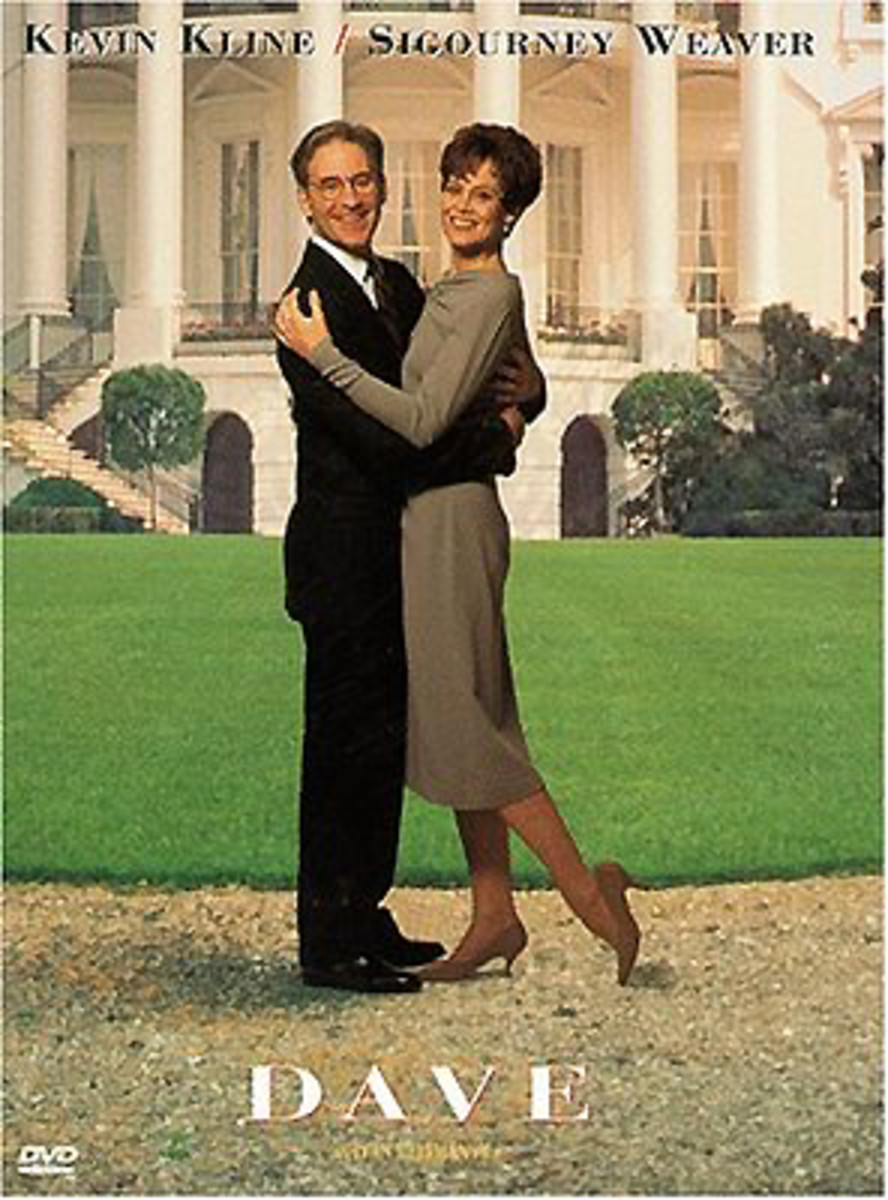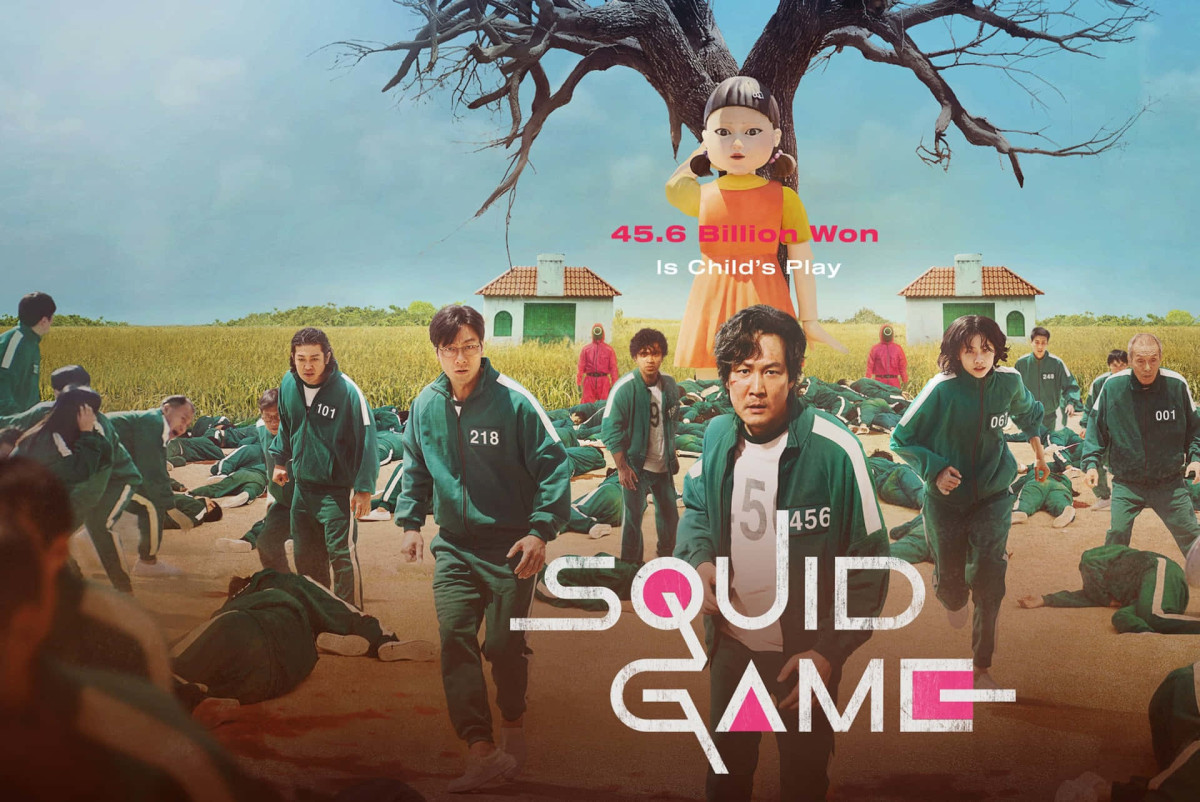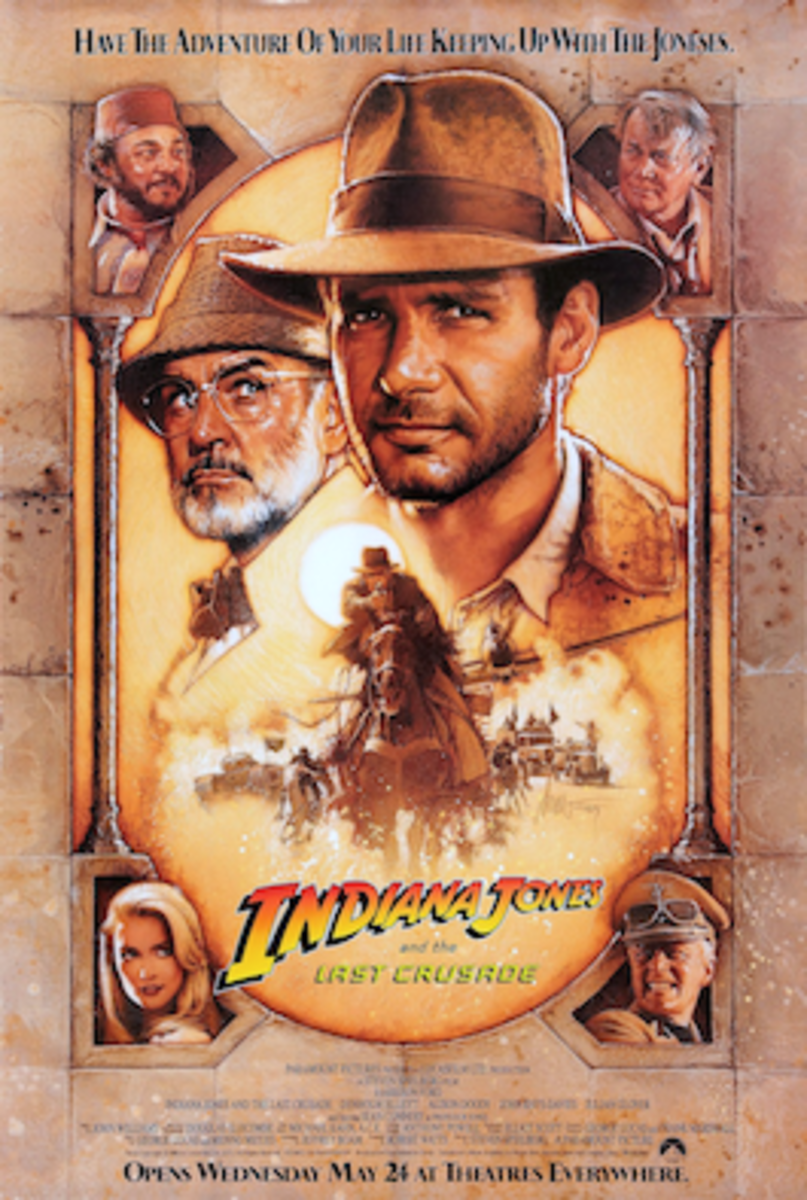Detroit (2017) Film Review
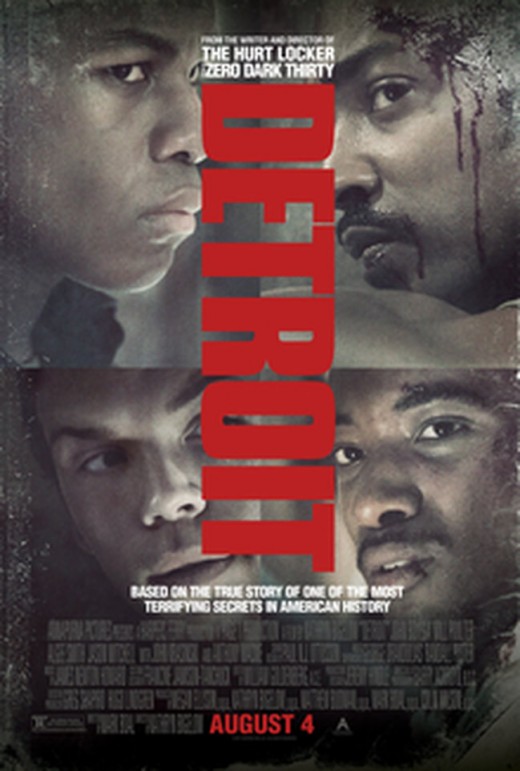
A pulsating political commentary and 2017’s scariest horror film.
Moving into the month of September and the film calendar’s much-maligned “award’s season” begins.
Inevitably there will be a catalogue of “OSCAR-bait movies”. Films tailor-made by producers and studios with the sole intent of luring pompous Academy Award voters into securing them gold-tinted nominations.
Between now and February, expect at least one biopic, historical drama and weepy sob story to sweep your way via cinemas.
For better or for worse, many of these mainstream movies will be clogged by syrupy treacle, rampant emotional manipulation and overwrought melodrama shouted by the showiest performers.
Kathryn Bigelow’s ‘Detroit’ undoubtedly wears the hallmarks of a typically awards-worthy drama.
Set over the course of a quiet Sunday in July, it documents the 1967 Detroit Riot while serving as a commemoration of the event’s 50th Anniversary.
It was on this quiet Sunday – July 12th, 1967 specifically – that Detroit Police staged a brutish raid upon an unlicensed club celebrating returning black veterans. During widespread arrests of suspects, a mob formed before quickly descending into violent lootings, rock throwing and arsons.
As racially motivated unrest sweeps the city, Officers concentrate their efforts towards an old motel after mistaking a prank pistol shot for a sniper attack.
Here a group of young black R&B artists and two white hookers find themselves lined up against a wall; brutally interrogated into fessing up over the identity of the so-called shooter.
Overseeing this quite obviously unjust operation is Will Poulter’s skin-crawling, high-eyebrowed turn an anguished, bitterly racist white cop while John Boyega channels a young Denzel Washington as a black private security guard-turned-copper who begins to realise the injustice at hand…
The film opens intensely with a harrowing montage offering a nail-biting overview across the history of racism in the USA. Such a sequence seismically swoops between live-action and archive footage; delivering much the same docudrama grit we have come to expect from the director of ‘The Hurt Locker’ (2009) and ‘Zero Dark Thirty’ (2012).
As with those previous films, Bigelow’s trademark blend of fact and fiction melds itself meticulously down to the streets of 60s Detroit; ramming every inch of anarchy, tear gas and shrapnel straight into the face of viewers as Barry Ackroyd’s shaky cam-ridden cinematography throws them dangerously close to the chaos. These ultra-realistic early scenes undoubtedly mirror HBO’s ‘The Wire’ (2002-2008) and the terrific recent race documentary ‘I Am Not Your Negro’ (2017) (for which ‘Detroit’ makes a thrilling companion piece!).
For a film rooted in history and social politics, however, ‘Detroit’s highest merits lie in its accessibility. Those expecting the film to adhere strictly to awards-laden formula will be vastly surprised.
Rather than running through with early indications of a race-based riots drama, Director Bigelow makes drastic shifts in tone.
By moving attention away from the outdoors and inside a motel populated by pranking youths, she chooses a more personal approach.
As Police round up suspects and toy with their minds into confessing a crime they did not commit, the film takes the form of a twisted Russian Roulette game; very broadly resembling a grungy home invasion horror flick where officers are the offenders and the film’s African American youths are the victims.
Bigelow’s decision to hone in on one area of the event for the film’s duration has been divisive. Inevitably, she risks sugarcoating the wider issue at heart, while reverting to a populist genre such as horror could easily slip into sensationalism.
What is impressive therefore is the manner in which Bigelow holds onto the subject matter. Like the Troubles drama ‘In the Name of the Father’ (1993), ‘Detroit’ channels the conviction of Police brutality into the mainstream.
Its “horror” trappings manifest themselves as a blood-pumping metaphor for a callous form of law enforcement of which’s institutional racism has ravaged through society for decades. Racism which has never felt more contemporary in pressing parallels with the 2011 England Riots and the recent Charlottesville White Nationalist Rally.
With both ‘Detroit’ and Christopher Nolan’s ‘Dunkirk’ (2017), the year may have found two of its first viable OSCAR contenders. For once, however, a Best Picture win wouldn’t be a wasted one
© 2017 Roshan Chandy

